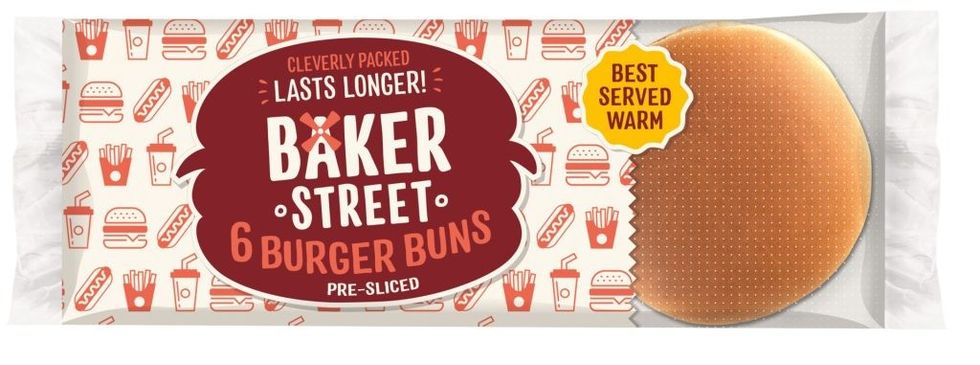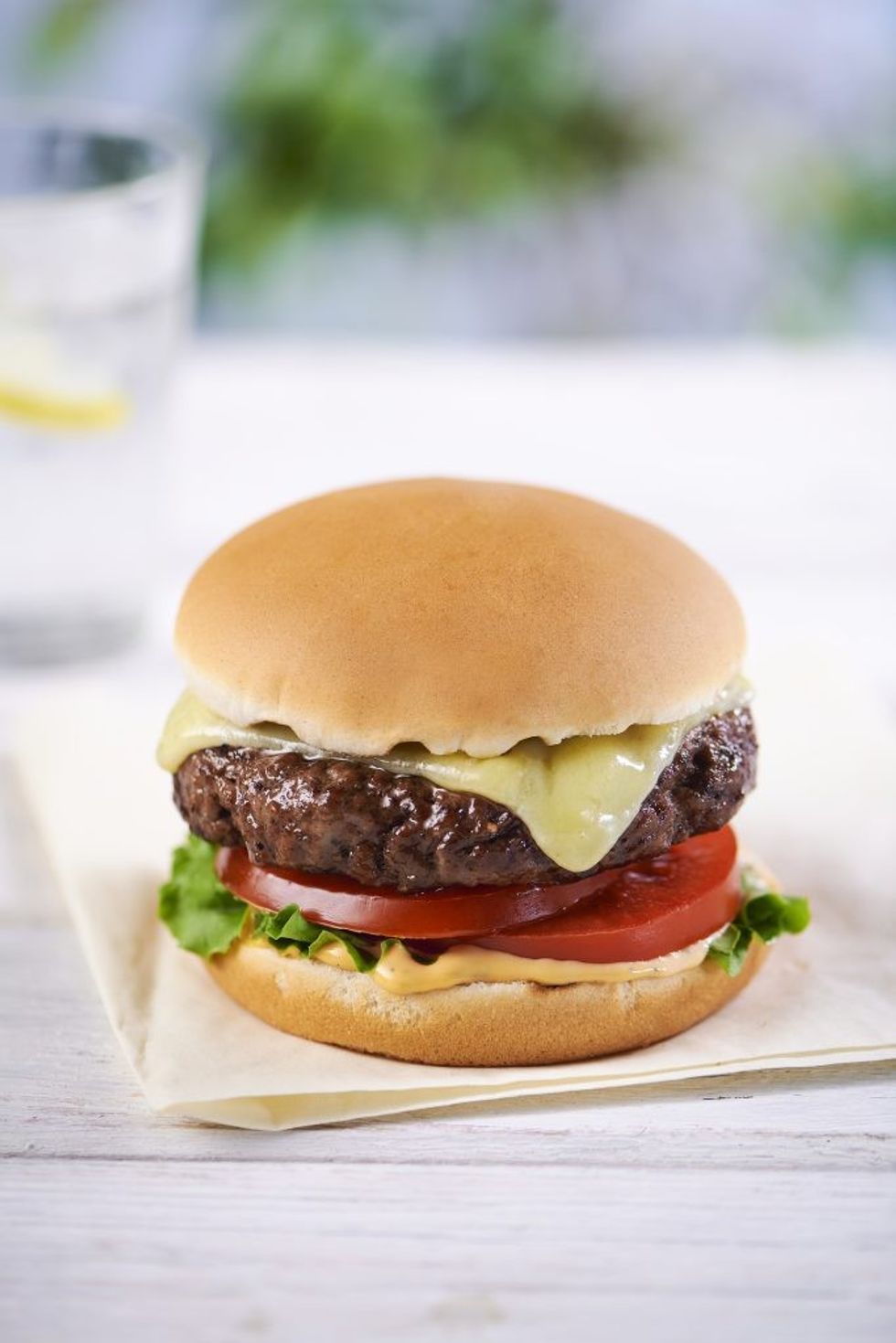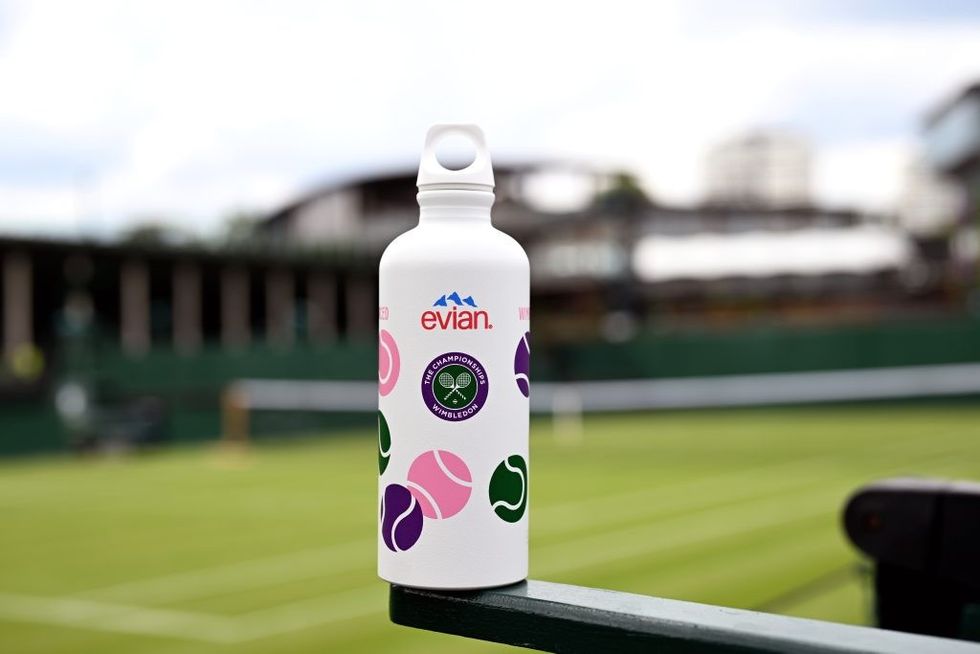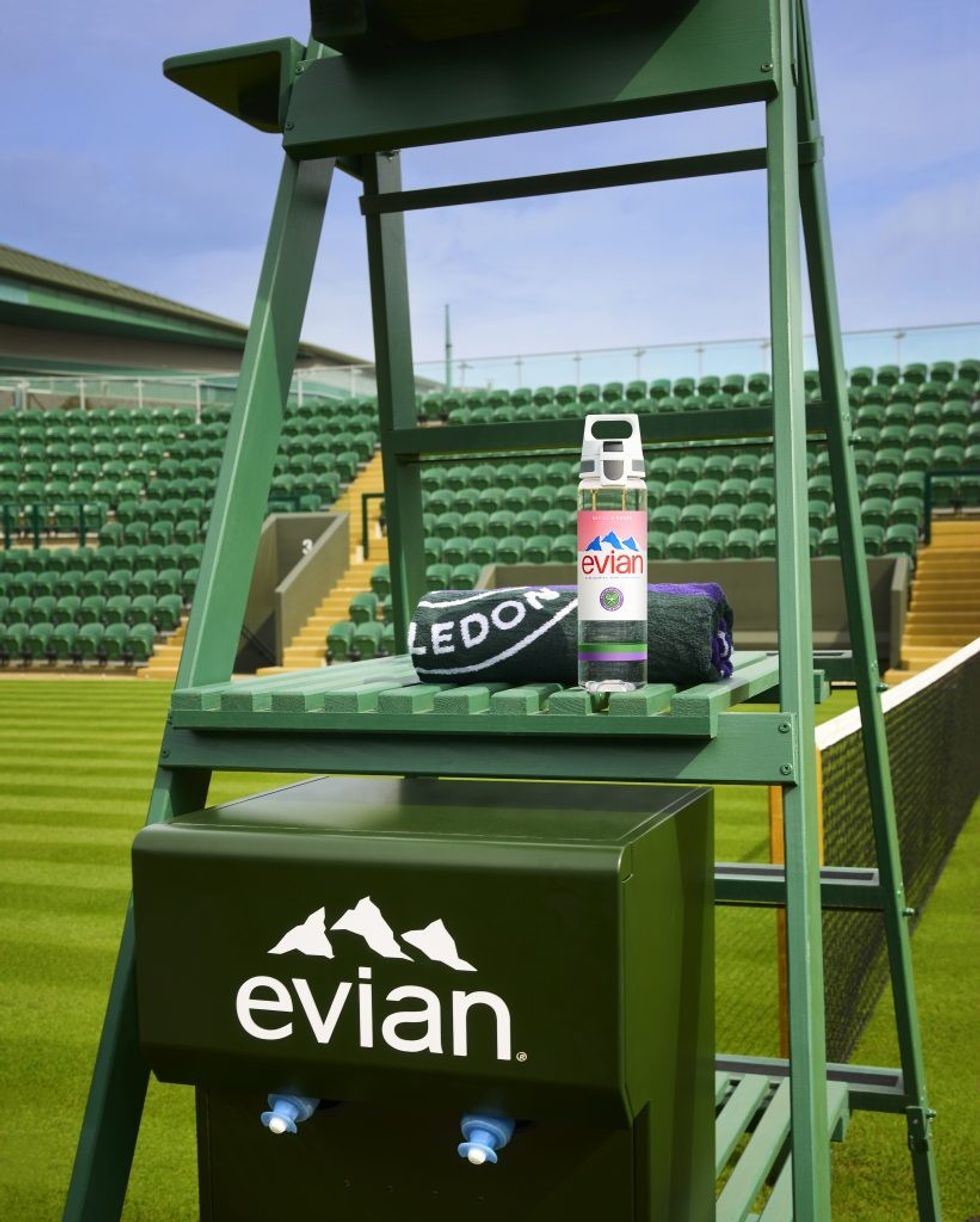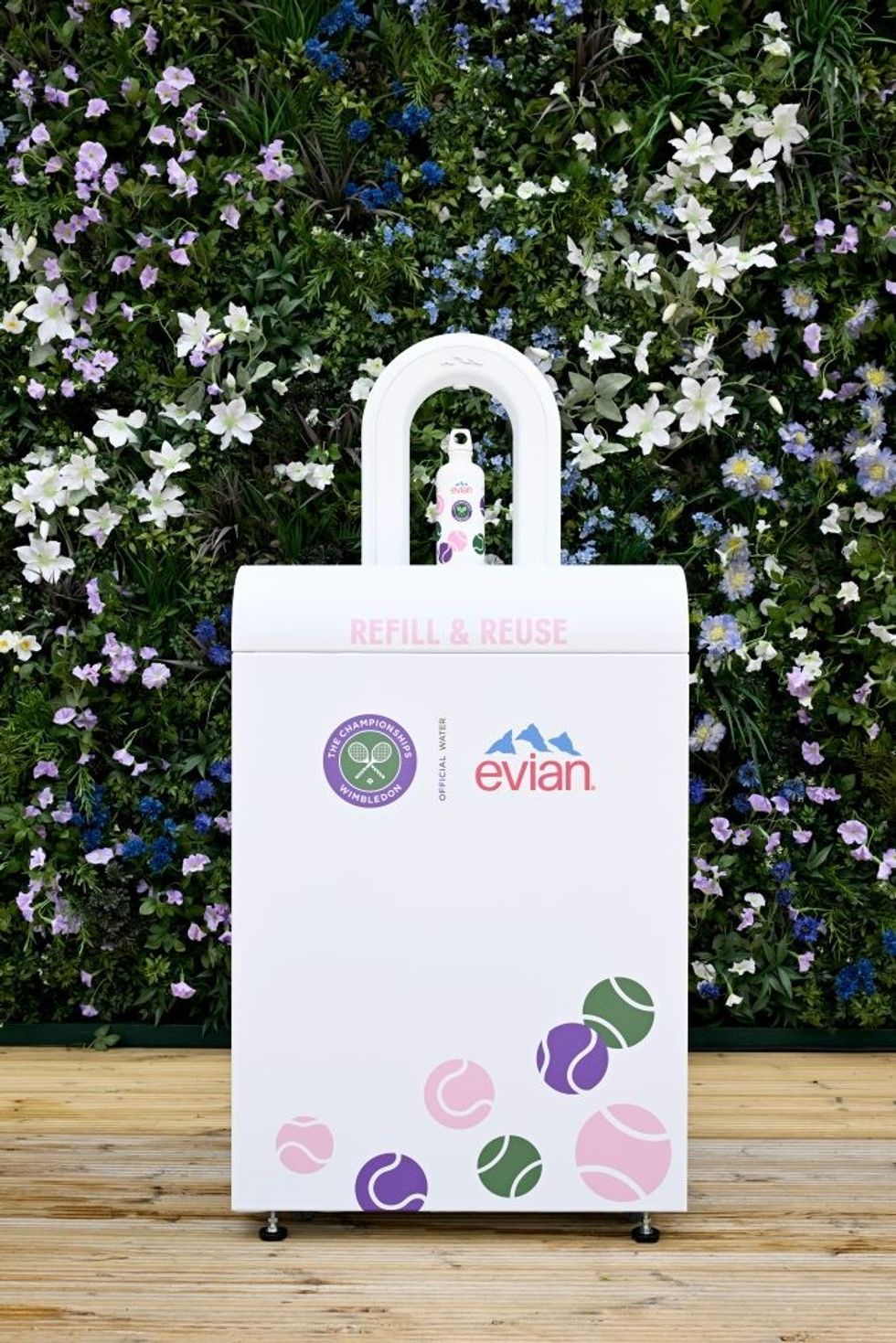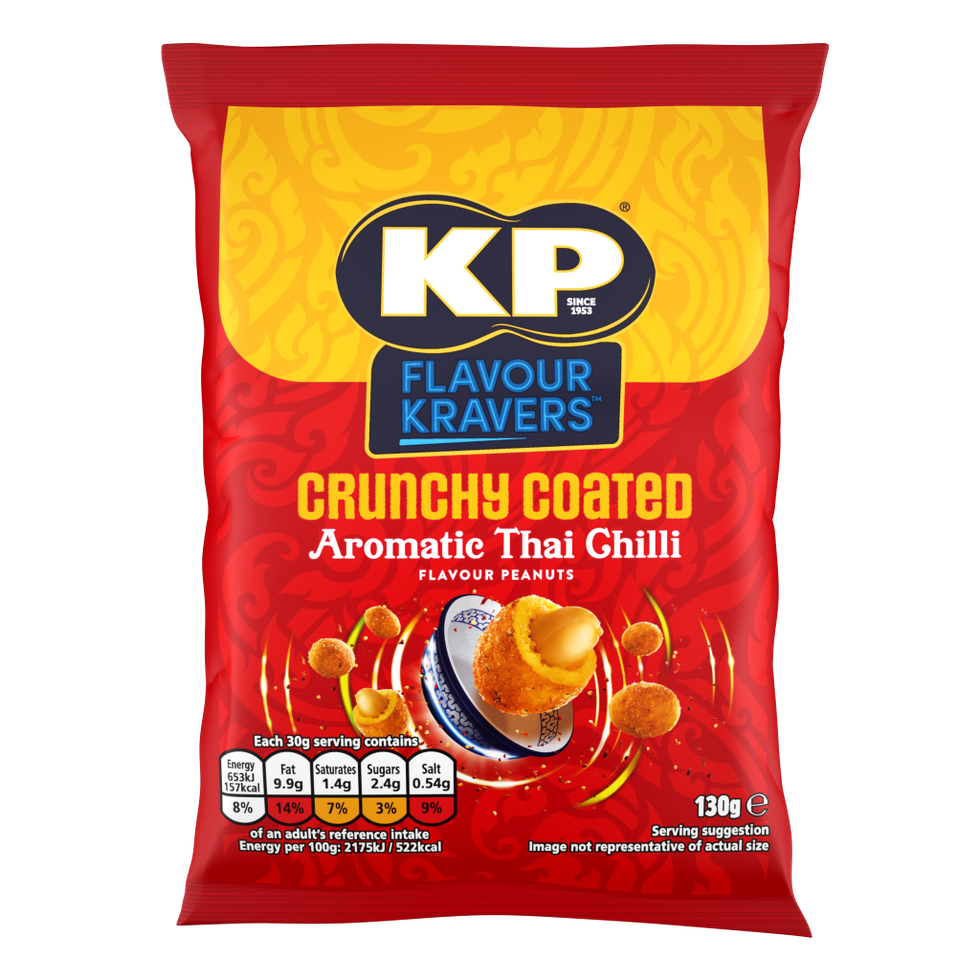When the tennis tournament begins, it is officially summer – never mind the rain showers!
The Wimbledon Championships is officially a Grand Slam tennis tournament that is held at All England Lawn Tennis and Croquet Club in Wimbledon in London, almost immediately after the “warm-up” tournament at the Queens Club, a short distance away, has concluded.
This year, going into the championships, the winners from last year – Carlos Alcaraz as men’s singles winner and Markéta Vondroušová as Women’s champion, are present to defend their hard-won titles.
According to Wikipedia, this will be the tournament's third edition with a scheduled order of play on the first Sunday during the event, dubbed "Middle Sunday". In the old days, this day of rest, as it was often called, was only utilised for matches if there had been so much rain during the first week that the schedule was seriously behind.
And 2024 will be the first time since 1996 that neither of the Williams sisters will play -which makes those of us who remember Bjorn Borg, Martina Navratilova, Yvonne Goolagong (as she once was), Ilie Năstase and Jimmy Connors playing on centre Court feel even older.
At least this year Sue Barker will be back in the building,. So to speak, having stayed well away last year after leaving her BBC post.
Of course, for retailers, the tennis can provide a nice fillip for summer sales – Pimm’s and various strawberry flavoured products, together with soft drinks such as Robinsons, and spring water refreshments – not to mention the snacking opportunities for a nation transfixed in front of their TV, as KP Snacks’ Matt Collins explains below – all have a flavour of Wimbledon about them to help sales.
Don’t forget also that in this BBQ season, get-togethers with burgers and hot dogs will also be widespread, so that stocking up on the right bakery products is a Wimbledon=-wise move,.
Mark Frossell, Senior National Account Manager at St Pierre Groupe, explained to Asian Trader that Wimbledon Fortnight provides a key opportunity for convenience retailers who are in a unique position to capitalise on top-up shops, as one of the many sporting highlights shoppers will be gathering to enjoy at home this summer.
“Navigating unpredictable summer weather and wastage is a perennial problem for retailers, but Baker Street offers extended-life on its full range of products – from sliced loaves to burger buns – so retailers can ensure they have product on shelf when customers want it, without losing profit or wasting stock.
He confirms his experience that, if the sun is shining when Wimbledon is on, people will move the TV outside and have a BBQ, or if it’s raining, burgers and buns inside.
“Either way, the Baker Street brand is key to capitalising on sales opportunities. Consumers can recreate ‘stadia’ favourites with hot dogs and burgers for casual handheld dining, so as not to distract from the tennis.
“Savvy retailers will be aware that growth in the bakery sector is being driven by rolls, so Wimbledon Fortnight is a good time to look at cross-merchandising them by meal occasion, space-saving off fixture displays that direct footfall to key displays in-store and offering multiple facings to popular products.”
With the 2023 ATP Entry List including Djokovic, Medvedev, Alcaraz, Ruud, Kyrgios, Tsitsipas, Norrie and Murray, retailers should get set for another action-packed Wimbledon. Whatever happens on court, in store there are plenty of opportunities for stores to cater to shoppers who are keen to make the most of the action.
Endlessly refillable
This year, evian, the Official Water of The Championships, together with The All England Lawn Tennis Club, have announced that for the first time spectators at Wimbledon can stay hydrated with evian natural mineral water through a unique refill system encouraging refill and reuse behaviour throughout the day.
This expands the success of the first-of-its-kind refill system introduced for players last year as part of evian and Wimbledon’s joint work to reduce plastic packaging waste during The Championships.
evian refill stations can be found in six locations across the Grounds; three in food court areas and three mobile carts, as well as additional stations in the Queue.
Spectators can purchase evian natural mineral water unlimited refills to stay hydrated throughout their day at Wimbledon.
With six refill locations around the grounds, spectators can purchase unlimited refills of evian natural mineral water for £5 or a new limited-edition evian refillable bottle to mark the occasion, with unlimited refills for £25.
The idea is that such innovation will spur sales of evian in c-stores as customers see the refill in action on their TV screen.
“We know that refill plays, and will continue to play, a major role in the way people consume water here in the UK,” says Gemma Morgan, spokesperson for evian.
“The response to the player refill system last year was incredibly positive, so we want to expand refill to spectators to explore the potential at a larger scale.
“Through a bespoke solution for Wimbledon, for the first time ever our pristine mountain mineral water will be available for spectators to purchase through a refill system.
“As part of Wimbledon and evian’s joint sustainability journey, we have been exploring ways to champion refill and reuse behaviours. So, we are thrilled to be making a significant step forward with this year’s refill innovation.”
In fact, the All England Lawn Tennis Club commented that innovations such as this are key to helping achieve its goal of becoming Environment Positive by 2030, so it’s a case of sponsors and event working together.
Hattie Park, Sustainability Manager at The All England Lawn Tennis Club, said: “We continue to make improvements each year to reach our sustainability ambitions. Resource efficiency is one of our four focus areas and importantly one in which our guests can also play an active role.
“We want to design out waste and promote a culture of reuse, so working together with evian to evolve and expand the refill pilot to our guests at The Championships this year is a really important step forward. I am excited to see how it is received and what we can learn from it for future Championships.”
Danone UK & Ireland, makers of evian and a member of the UK Plastics Pact, has chosen one of the world’s most viewed sporting arenas to showcase a reuse and refill model to highlight how refill can become an active part of people’s everyday habits.
International climate action NGO WRAP (Waste & Resources Action Programme), which manages the UK Plastics Pact, welcomed the move.
“It’s a championship challenge for the industry – we’ve all got used to convenience, but we need to protect the environment,” said Harriet Lamb, Chief Executive Officer WRAP. “Bottled water is a staple buy for many people, but we all know plastic waste and litter from food and drink packaging is too high and this needs to be tackled.
“So expanding the refill system for natural source mineral water at Wimbledon is exciting and shows how we can move to alternative systems that go a long way to reduce plastic waste, particularly in such a controlled space. You can just refill your reusable water bottle. This is exactly the kind of innovation we need to happen more widely. I look forward to seeing the results of this pilot to add to our understanding of how the public will use refill, and what more could be done in the future. I hope to see similar schemes become common at other major sporting and cultural events – Danone have laid down the challenge!
“We’re pleased that Danone UK and Ireland, as an active participant of the UK Plastics Pact, has taken the step to showcase a high-profile reuse trial of evian waters with the players and spectators at Wimbledon. That definitely deserves a centre-court cheer.
Sarah Cumming, Vice President, Marketing, Danone UK & Ireland, added: “Health is at the heart of everything we do, and we work to offer healthier nutrition to consumers in the most sustainable way possible. Our water business is about delivering our pure natural source waters to consumers to enjoy. The methods in which we do that is an area of focus for continuous change and improvement.
“To do that we need to continually investigate, invest in and test new innovations. We are excited to offer evian natural mineral water refill at Wimbledon and for this to be a proof of concept to see the role refill could play in our natural source water portfolio more broadly.
“We are incredibly proud of our long-standing relationship with one of the world’s most prestigious sporting events, and prouder still to be launching possibly the most significant innovation in our waters portfolio with them at Wimbledon.”
Snack champs
Asian Trader talked to an old friend, KP Snacks’ Sales Director Matt Collins, about the snacks outlook for the tournament.
“With Wimbledon lined up for the summer, friends and family will be keen to enjoy the big events together,” said Matt, setting the scene. “To maximise enjoyment and bring extra flavour to the games, consumers will be seeking out their favourite snacks, creating a crucial opportunity for retailers to drive sales and footfall.
He explains that to capitalise on this trend and the strength of the Sharing segment, it’s all about larger pack sizes: “Retailers should stock a range of Sharing CSN products. Worth £1.72billion, Sharing is the largest segment in CSN and is growing strongly at +9.3%,” he says.
“At KP Snacks, we are catering to the growth of sharing occasions with a diverse portfolio of tasty snacks to generate demand and drive sales. Our exciting range has something for everyone from KP Nuts, Butterkist, Penn State Pretzels and of course Tyrrells crisps.”
Wimbledon is all about sports and therefore health is part of the equation. As Matt outlines, healthier Snacking is on the rise, with this segment growing +3.6% as consumers remain health-conscious and the category adapts to HFSS legislation.
“popchips is rated as the number one ‘Better for You’ bagged snack brand in the sharing pack format,” he suggests. “Coming in at under 100 calories per serving and with a third less fat than the market leader, popchips provides a more permissible snack without compromising on big flavour.
Launched last year, popchips Hot & Spicy is available in 85g Sharing format, bringing a kick to the Healthier Snacking segment. Perfect for consumers who are looking for a tasty, healthier product to enjoy when watching sports, popchips Hot & Spicy capitalises on ‘Spicy’ being the third fastest-growing flavour profile.”
And don’t neglect nuts neither! Exempt from HFSS legislation, Nuts offer a delicious treat whilst watching sports at home with friends. “Worth £97.9m RSV and growing +3.1% , the KP Nuts portfolio offers delicious flavours in a range of sharing formats and leads the category as the UK’s number one branded nut,” Matt reveals.
“Bringing big, bold flavours to evening sharing, the largest occasion within both nuts and sharing , our KP Nuts Flavour Kravers range was recently expanded with the launch of two new coated variants: Crunchy Coated Aromatic Thai Chilli and Crunchy Coated Katsu Curry. Designed to attract new shoppers to the Nuts segment, the new KP Nuts Flavour Kravers products deliver innovative flavours and a satisfyingly crunchy and crispy texture.”
Another product that is perfect for those nail-biting set points is of course popcorn, an “ideal partner” to the excitement and entertainment of sporting occasions this summer, says Matt, and with a 35.4% market share of the popcorn segment, Butterkist must be the nation’s favourite popcorn.
“For shoppers looking for sweeter snacking moments, our Butterkist Crunchy Hazelnut Chocolate flavour toffee popcorn is the perfect product to add fun and indulgence to any summer sporting occasion. The innovative flavour bridges the gap between popcorn and chocolate confectionary to create a sweet and irresistible snack,” he says
Remember, too, that Wimbledon is a special occasion, and a special occasion means an opportunity to merchandise premium products.
“We know there is a high demand for premium lines as consumers look to make in-home occasions feel more special, with 46% of shoppers more inclined to trade up to premium food and drink options when dining at home . Tyrrells 150g Sharing bags are key products to capitalise on, offering classic and tasty flavours. Full of personality, the Tyrrells brand has taste and quality at the heart of its offering and delivers the perfect accompaniment to a glass of wine or cider.”
Matt’s merchandising aces
- To maximise sales this summer, retailers should introduce themed displays, fixtures and promotions to entice shoppers and encourage impulse purchases, which make up 70% of Bagged Snacks sales.
- It’s important that retailers also continue to stock a strong core range of leading CSN products. Last year, we launched our ‘25 to Thrive’ ranging advice to provide a core recommendation of must-stock SKUs from multiple suppliers. The impartial category-wide advice has been designed to help retailers bag their share of CSN sales, with the category now worth over £4.3bn and experiencing strong growth of +8% .
- By stocking the ‘25 to Thrive’ range and positioning CSN fixtures with prominence, retailers can revive their sales, drive impulse purchases and thrive in a competitive market this summer.



